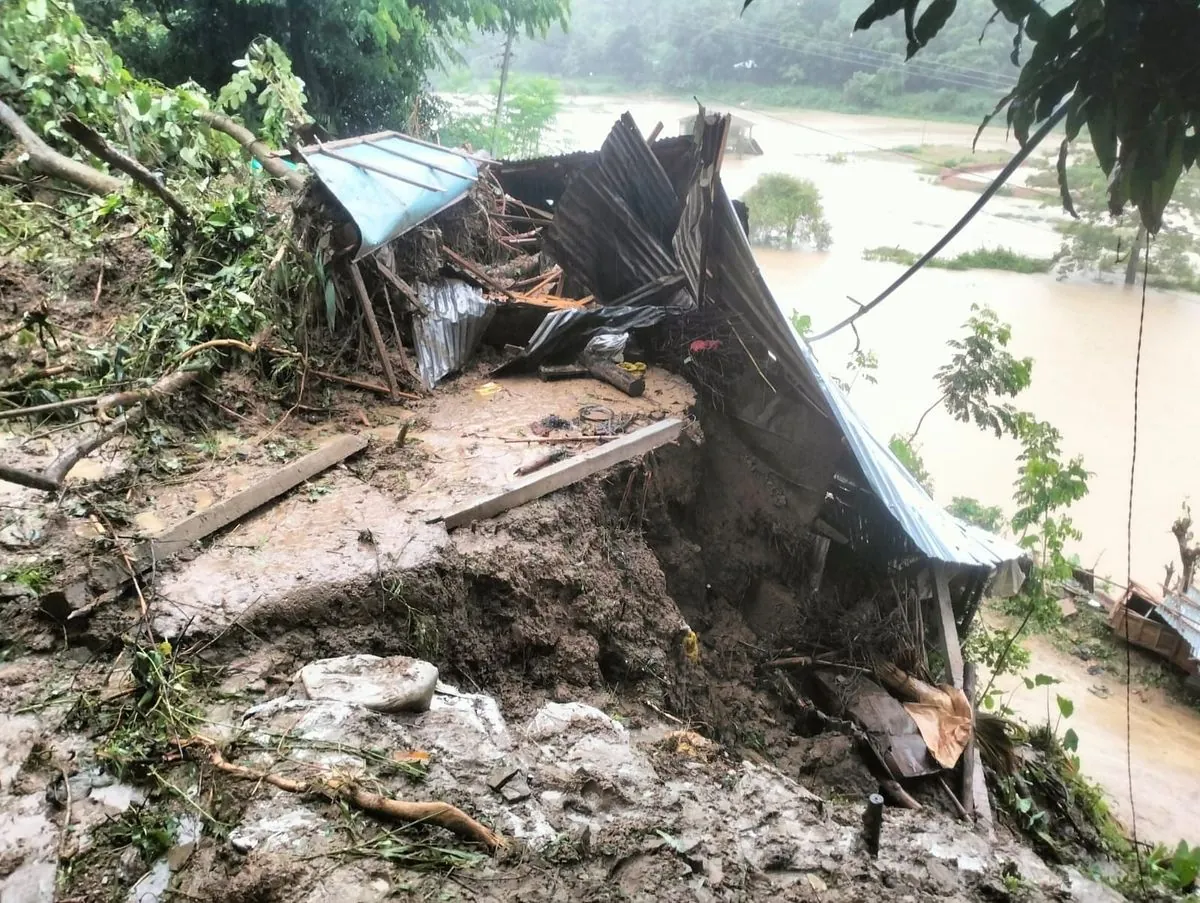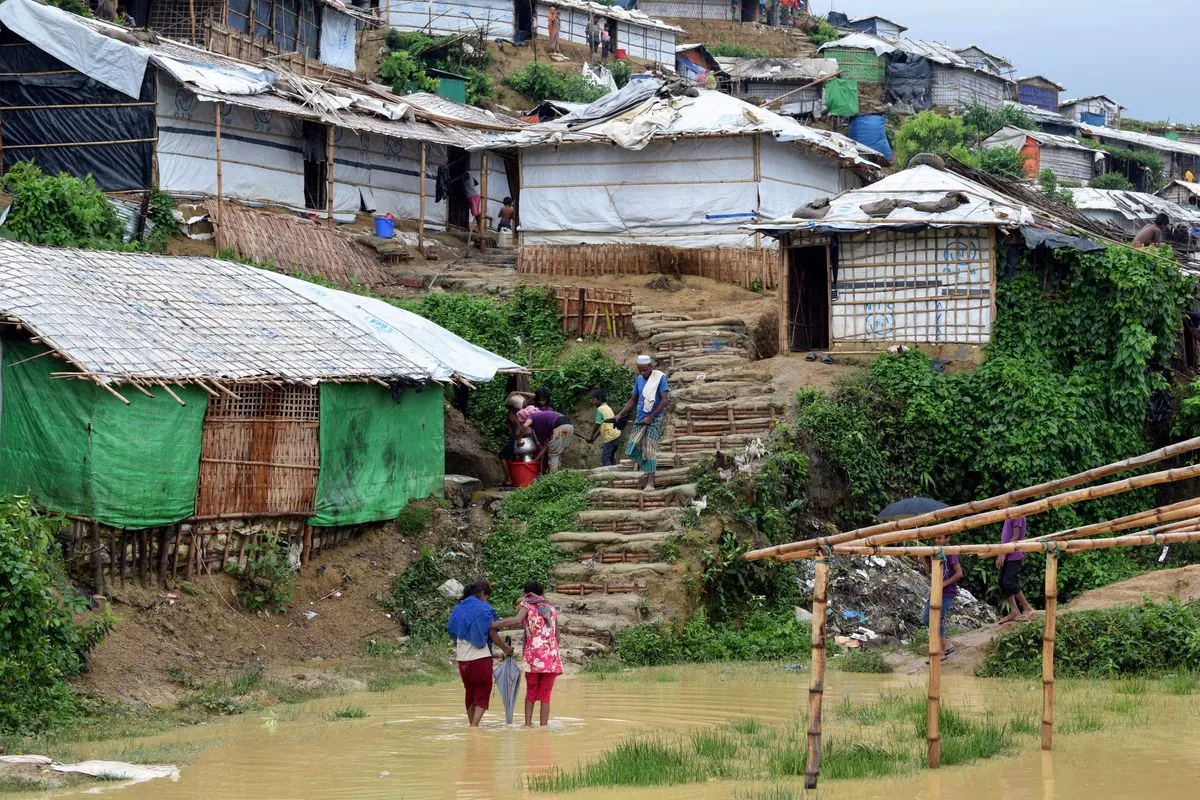Deadly Landslides Strike Cox's Bazar Amid Record Monsoon Rainfall
Heavy rains in Bangladesh's Cox's Bazar triggered fatal landslides, claiming six lives including Rohingya refugees. The district, home to the world's largest refugee settlement, faces severe challenges amid intense monsoon weather.

In a tragic turn of events, Cox's Bazar, Bangladesh's southeastern district known for hosting the world's longest natural sea beach, has been struck by deadly landslides. The disaster, which occurred on September 8, 2024, resulted in the loss of six lives, including three Rohingya refugees, and left several others injured.
The calamity unfolded after three days of intense late monsoon rains, affecting two separate locations in the district, including the Rohingya camps. Mohammad Shamsud Douza, a senior government official overseeing refugee affairs, confirmed the incidents. The Rohingya, a stateless Muslim minority from Myanmar's Rakhine State, have sought refuge in Cox's Bazar since 2017, fleeing persecution in their homeland.

Cox's Bazar, home to over 1 million Rohingya refugees, is now the site of the world's largest refugee settlement. These displaced individuals reside in precarious conditions, with many shelters constructed from bamboo and plastic sheets, often perched on unstable, steep hillsides. This situation exacerbates their vulnerability to natural disasters such as landslides.
The recent catastrophe wasn't limited to the refugee camps. Cox's Bazar town also suffered casualties, with three additional fatalities reported due to widespread waterlogging caused by the heavy rainfall. The severity of the weather event was underscored by meteorologist Abdul Hannan, who noted that the Cox's Bazar weather office recorded an unprecedented 378mm of rainfall in a 24-hour period from September 7 to 8, 2024, marking the highest rainfall of the current monsoon season.
This disaster comes at a time when Bangladesh, one of the most densely populated countries in the world, is still grappling with the aftermath of recent devastating floods. These earlier inundations, caused by torrential rains and water flowing from upstream in India, resulted in over 70 deaths and displaced millions.
Bangladesh's vulnerability to climate change and natural disasters is well-documented. The country's mostly flat alluvial plain, interspersed with numerous rivers, makes it particularly susceptible to flooding. Moreover, the hilly areas, like those in Cox's Bazar, face an increased risk of landslides during the monsoon season, which typically spans from June to September.
Despite these challenges, Bangladesh has made significant strides in disaster preparedness and poverty reduction in recent years. The nation has implemented extensive programs to mitigate the impact of natural calamities and has been actively working on climate change adaptation strategies. However, events like the recent landslides in Cox's Bazar underscore the ongoing need for robust disaster management and sustainable solutions for vulnerable populations, including the Rohingya refugees.
As Bangladesh continues to face the brunt of extreme weather events, the international community's support remains crucial in addressing both immediate humanitarian needs and long-term resilience-building efforts.


































